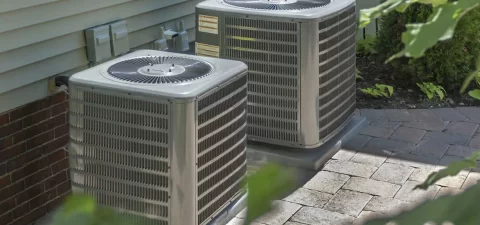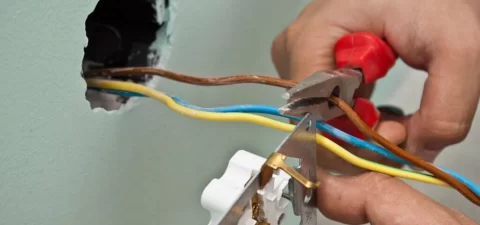Frequently Asked Questions

HVAC Questions
Sizing the equipment load requires the consideration of several factors. Ceiling height, construction, window size, placement, and dozens of other variables need to be considered to properly size a heating and/or cooling system. A professionally conducted load calculation is the foundation of an effective system.
Heating and cooling systems work incredibly hard to perform their functions for your household. The constant stopping, starting and continual operation can wear down a machine quickly and unexpectedly if the proper care and maintenance are delayed. However, by performing preventive maintenance, or servicing your system regularly, you can maximize the life-cycle of your heating or cooling unit and guard against many unexpected failures. Preventive maintenance inspections performed on a regular basis can uncover leaks, rust, rot, soot, frayed wires, and corroded electrical contacts.

Electrical Questions
Flickering lights are annoying and maybe a sign of a potentially dangerous electrical problem, or something simple – like a bulb that is on the fritz. If replacing a light bulb doesn’t work, call an electrician right away. Your flickering lights could be due to lose wiring and lead to an electrical fire.
GFCI stands for Ground Fault Circuit Interrupter. A GFCI prevents fatal electrical shocks through the elimination of sustained current draw when a short occurs. A ground fault circuit interrupter (GFCI) can help prevent electrocution. If a person starts to receive a shock, the GFCI senses this and cuts off the power before they can get injured. GFCIs are generally installed where electrical circuits may accidentally come into contact with water.

